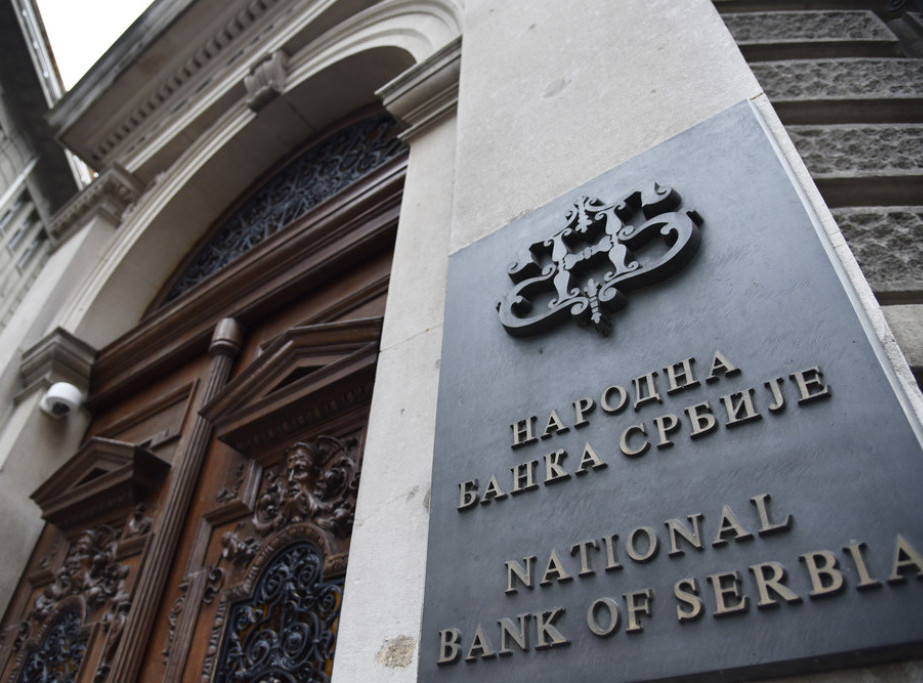8. avgust 2024 13:26
NBS keeps key policy rate at 6 pct
podeli vest

Foto: Shutterstock.com/ToskanaINC, ilustracija
BELGRADE - The National Bank of Serbia (NBS) Executive Board decided on Thursday to keep the key policy rate at 6 pct, and the rates on deposit (4.75 pct) and lending (7.25 pct) facilities also remained unchanged.
"In making the decision, the Board highlighted that the key policy rate was cut by a total of 50 bp at the previous two meetings and that the effects of past measures are yet to play out. Moreover, although inflation has retreated to within the target band, monetary policy caution is still needed," the NBS said in a statement.
"As noted by the Board, caution is also mandated by the developments in the international environment, notably the still elevated geopolitical risks and their impact on the global prices of energy and other primary commodities.
The estimates of global oil price trends differ among institutions due to international uncertainty, numerous supply- and demand-side factors, and mixed data on China’s growth outlook.
To an extent, caution is needed also because global inflation’s slowdown is likely to be more gradual than anticipated, wherefore the pace of monetary policy easing by leading central banks is likely to be slower, too.
Moreover, the impact of weather conditions on the outcome of this year’s world and domestic agricultural season remains uncertain.
In line with the Executive Board’s expectations, y-o-y inflation returned to within the bounds of the target tolerance band in May, thereafter slowing further to 3.8 pct in June.
The slowdown of inflation over the past months was facilitated by all inflation components.
The Executive Board expects inflation to continue moving within the target band (3±1.5 pct) over the entire projection horizon.
According to the August central projection, after edging up briefly in July, inflation should slow and come close to the 3 pct target midpoint during the following year.
The temporary rise in July inflation will mostly be attributable to a series of one-off hikes of some food items, reflecting the increase in the global prices of these products or the raw materials for their manufacture, as well as some services classified within administered prices.
After July, inflation will decrease again owing to the continued restrictive monetary conditions, lower imported inflation and the anticipated fall in the global oil price, in line with futures.
The fall in inflation expectations will also yield a contribution, indicating the high credibility of the NBS’s monetary policy," the central bank also said.




























































